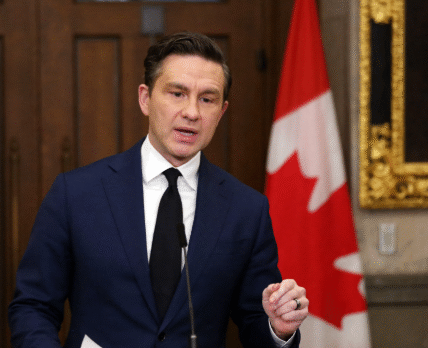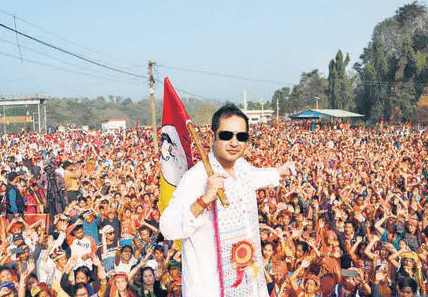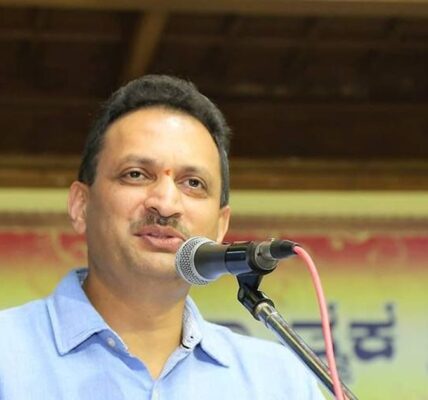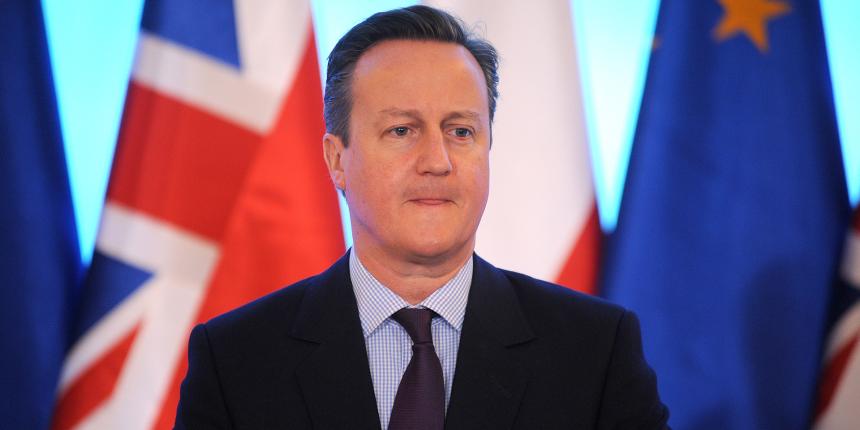From Humble Beginnings to Presidential Triumph: The Journey of Luiz Inácio Lula da Silva
Born on October 27, 1945, in Garanhuns, a rural town in Pernambuco, Brazil, Luiz Inácio Lula da Silva, known as Lula, emerged from humble beginnings that shaped his trajectory as a leader. He was the seventh child among eight siblings, born to Aristides Inácio da Silva and Eurídice Ferreira de Mello, whose resilience in the face of hardship served as a guiding light for young Lula.
Migration and Early Hardships
In 1952, Lula’s family migrated to São Paulo, seeking refuge from drought and famine. Their journey, lasting 13 days on a makeshift truck, symbolized their determination to seek a better life. Settling initially on the outskirts of Guarujá, they later moved to São Paulo, where Lula experienced the harsh realities of urban poverty firsthand.
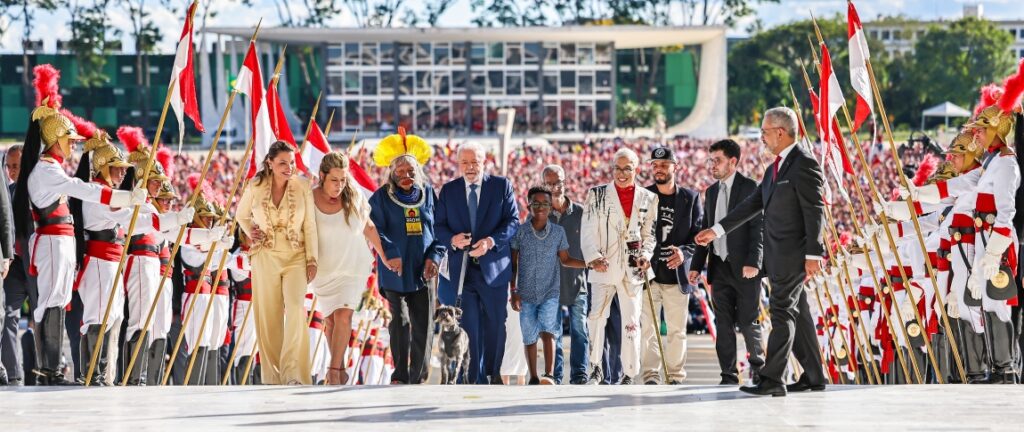
Education Amidst Adversity
Despite financial struggles, Lula’s parents prioritized his education. He attended Grupo Escolar Marcílio Dias, where he learned to read and write. However, economic necessity forced Lula to take on various jobs from a young age, including working in a dye shop and shining shoes, to support his family.
Enter the Trade Union Movement
At 14, Lula began working at Armazéns Gerais Columbia, marking the beginning of his journey into the labor force. He later pursued vocational training at Brazil’s National Service for Industrial Learning (Senai), becoming a skilled metallurgist. His involvement in the trade union movement was sparked by his employment at Indústrias Villares in São Bernardo do Campo, where he witnessed firsthand the injustices faced by workers.
Founding the Workers’ Party
In 1980, amidst growing discontent with the military dictatorship, Lula co-founded the Workers’ Party (PT), signaling a new era in Brazilian politics. Despite facing persecution and imprisonment, he remained steadfast in his commitment to social justice and democracy. The PT became a voice for the marginalized, advocating for workers’ rights and equitable policies.
Presidential Triumphs and Challenges
Lula’s election as President of Brazil in 2002 marked a historic moment in the nation’s history. His administration prioritized poverty reduction, job creation, and income equality, earning him widespread acclaim. However, his presidency was not without challenges, including personal tragedies and political opposition.
Triumph Over Adversity
Despite facing personal and political setbacks, including the loss of his wife and imprisonment on controversial charges, Lula remained a symbol of hope for millions of Brazilians. His resilience and determination inspired a nationwide movement for his release, culminating in his eventual freedom in 2019.
A Return to Leadership
In 2022, Lula made a triumphant return to politics, securing an unprecedented third term as president through a coalition of supporters from across the political spectrum. His inauguration symbolized a new chapter in Brazil’s history, marked by inclusivity, progress, and the enduring legacy of a man who rose from humble beginnings to lead his nation with courage and compassion.


